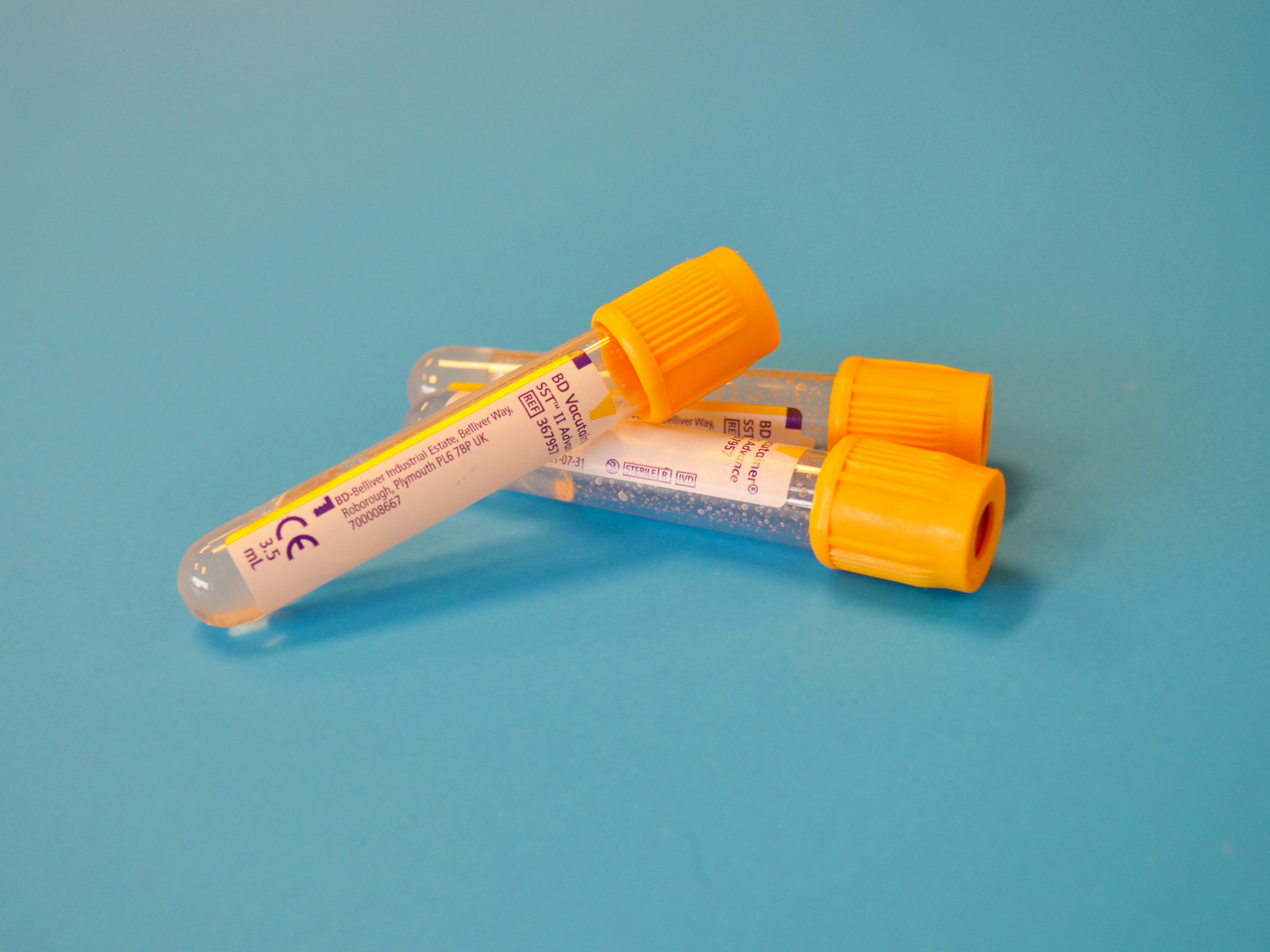Acne is a common skin condition that affects millions of individuals, often leading to emotional distress as well as physical discomfort. While traditional treatments typically focus on topical or pharmaceutical options, there are several nutritional interventions that may help to manage acne. In this blog, we’ll explore evidence-based nutrition interventions that can support clear skin and overall well-being.
Understanding Acne and Its Triggers
Acne develops when hair follicles become clogged with oil, dead skin cells, and bacteria. While hormonal fluctuations, genetics, and environmental factors play significant roles in the development of acne, nutrition also has a critical influence on skin health. Certain foods can exacerbate inflammation and hormonal imbalances, potentially leading to increased breakouts.
Nutrition Changes for Acne Treatment
1. Normalize Total Calorie Intake
Maintaining an appropriate calorie intake is essential for overall health. A balanced diet that meets your caloric needs can help regulate hormonal levels and support skin health.
2. Lower Glycemic Load
Foods with a high glycemic load can lead to spikes in blood sugar and insulin levels, which may trigger increased oil production in the skin. Focus on low-glycemic foods, such as whole grains, legumes, fruits, and vegetables, to provide a more stable source of energy.
3. Restrict Dairy Protein Consumption
Research indicates that dairy consumption, particularly whey protein, may exacerbate acne. Reducing your total dairy intake—especially to under three days per week or less than six servings per week—can help mitigate breakouts. Some individuals may find it beneficial to switch to whole-fat dairy products while carefully monitoring serving sizes.
4. Increase Vegetable and Fruit Intake
A diet rich in vegetables and fruits provides essential vitamins, minerals, and antioxidants that support skin health. Aim to incorporate a variety of colourful fruits and vegetables into your meals daily.
5. Consume Green Tea
Green tea is a rich source of epigallocatechin gallate (EGCG), a natural plant-derived mTORC1 inhibitor known for its anti-inflammatory properties. Regular consumption of green tea may help reduce acne severity.
6. Increase Fish Consumption
Including more fish in your diet can provide beneficial omega-3 fatty acids, which have anti-inflammatory effects and can support overall skin health.
7. Ensure Adequate Vitamin D Intake
Vitamin D is crucial for immune function and skin health. Spend time outdoors to increase your natural vitamin D levels, or consider dietary sources such as fatty fish and fortified foods. Supplementation may be necessary for some individuals, so consult with a naturopathic doctor to determine your needs.
Additional Recommendations
As a naturopathic doctor, I also recommend the following strategies for optimal acne management:
Follow a Mediterranean Diet: This diet emphasizes whole foods, healthy fats, and nuts, which have been shown to have a protective effect against acne.
Eliminate Chocolate: Some individuals may find that chocolate exacerbates their acne. Try eliminating chocolate completely for two months to monitor any improvements in your skin.
Conclusion
Acne can be a challenging condition to manage, but nutritional interventions can play a significant role in supporting clear skin. As a naturopathic doctor, I advocate for a holistic approach that includes dietary modifications, lifestyle changes, and individualized care.
If you’re struggling with acne and want to explore how nutrition can help, consider consulting with a naturopathic doctor who can provide personalized guidance and support. By making informed dietary choices and focusing on overall health, you can take significant steps toward clearer skin and improved well-being.
Remember, achieving and maintaining healthy skin is a journey that often requires patience and commitment. If you’re ready to start your journey toward clearer skin, reach out to a naturopathic doctor today!










